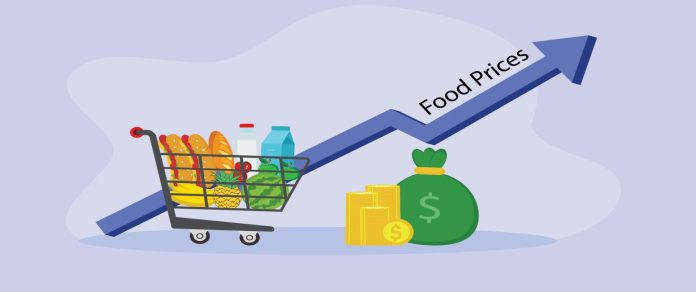- The present dispensation heading the central government in India has made no bones about its ambitions to be counted amongst the most advanced countries. The Indian establishment has used every global forum available to grandiosely announce its ambitions to become a $5 trillion economy in the next few years. It’s another matter altogether that the pandemic-induced economic duress and the ongoing Russian invasion of Ukraine have considerably dented those ambitions. Now, rising inflationary trends witnessed domestically on essential commodities including fuel, fertilizers, metals, and cereals are proving to be a bigger concern. Note that crucial state assembly elections and the all-important general elections are not too far away either.

PC: Tehran Times
- Playing to the gallery, the Union Government was forced to come out with certain actions which have not gone too well with the international community as well as domestic audiences. As you are aware, the Government of India recently announced a wheat export clampdown much to the chagrin of the global community. The G7 leaders were quick to point out the Indian move in no uncertain terms. Now, sugar this week joined wheat on the list of farm commodities facing an export clampdown. Sugar is placed in the restricted category fearing domestic shortage owing to the prevalent situation which is anything but conducive. There’s also a cap on the volume of sugar that can be exported in the current cycle.
- Make no mistake, the Union Government’s overarching aim of checking food prices has everyone’s support. However, resorting to blunt instrument measures such as export bans is not only unwise because of the collateral damage it brings forth but also poorly portrays an aspirational country like India from shouldering a leadership role when it matters most. Moreover, there are three consequences of export bans to contend with as well. One, it undermines the larger policy objective of allowing greater play for market forces in agriculture to give farmers more options. For instance, the ban has led to disputes between firms exporting wheat and the agricultural chain. A trust deficit between farmers and other stakeholders will make it harder to reform agriculture. We have seen the bitter consequences in the case of Agri-farm laws.

PC: Silvia Amaro
- Two, export bans are an implicit tax on farmers as they amount to a cap on income. We all know how the present dispensation has long ago announced doubling the farmers’ income. Paradoxically, the export ban defeats the very purpose of ensuring the farmers’ income gets doubled by these moves. Three, export bans when global food prices are rising to undermine India’s credibility and leadership aspirations. The moot point to ponder over here is whether there is an alternative to export bans. Indeed, fiscal policy can be used to top up support prices and enhance Government procurement. The advance estimate shows that wheat output in 2021-22 will be 106.4 million tonnes, a mere 3% lower than last year. Thus, a relook on the export bans is in order.






